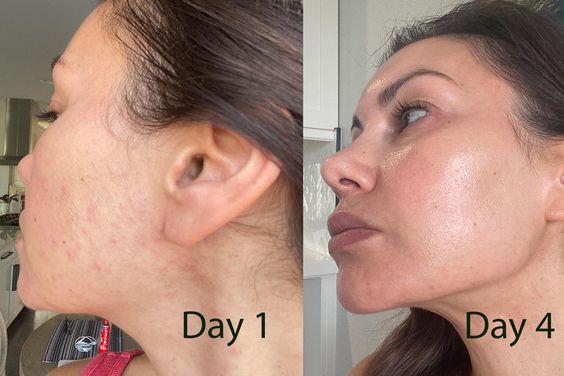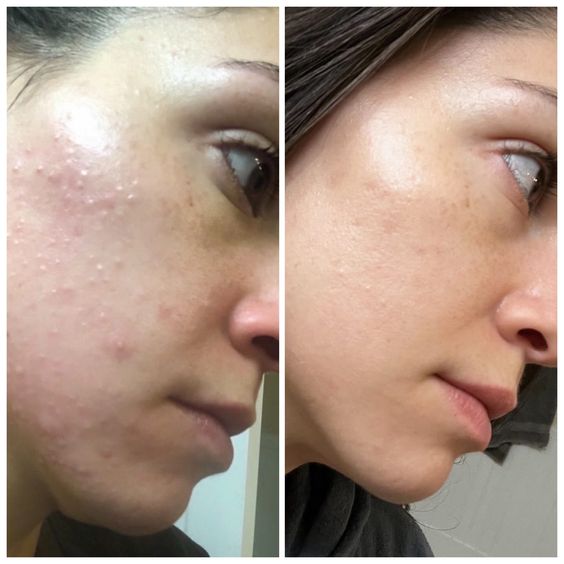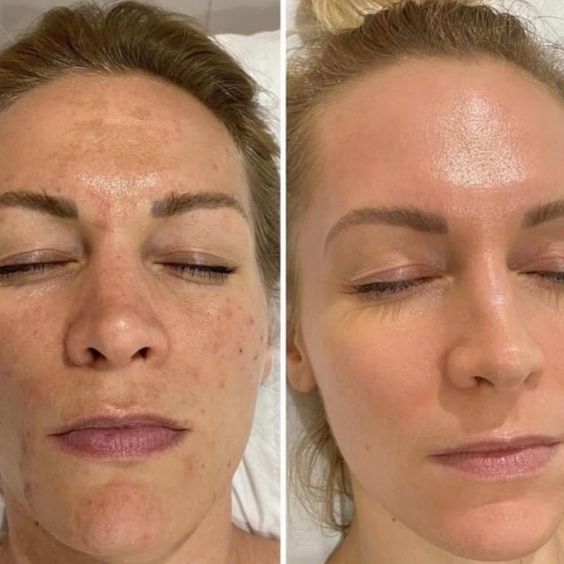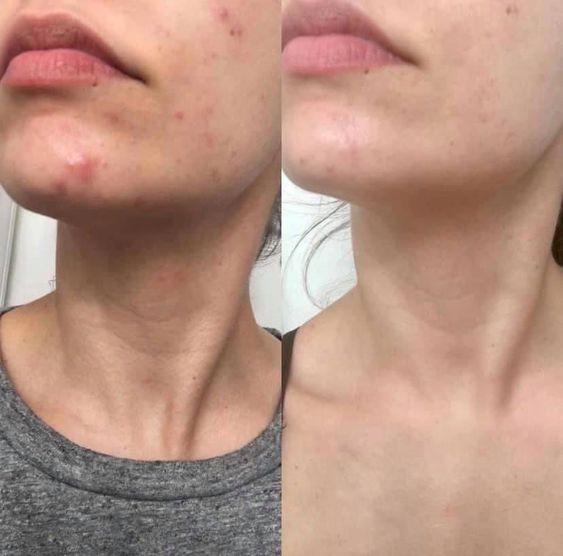Itchy, red, irritated skin – these are the telltale signs of a skin allergy. While frustrating, there are ways to manage these reactions and find relief. Here’s a breakdown of what triggers skin allergies, treatment options, and how to prevent future flare-ups.
Skin allergies, also known as contact dermatitis, occur when your skin comes into contact with an irritant or allergen. Common triggers include:
Fragrances, dyes, preservatives in cosmetics, soaps, or laundry detergents.
Nickel in jewelry, or cobalt in certain fasteners, can cause allergic reactions.
Poison ivy, oak, or sumac can trigger an itchy rash upon contact.
Latex gloves or products can cause allergic reactions in some individuals.
The goal of treatment is to reduce inflammation, relieve itching, and promote healing. Here are some common approaches:
The most crucial step is pinpointing the allergen and avoiding future contact.
Soothing lotions or ointments can help alleviate dryness and itching.
Antihistamines can help reduce itching and inflammation. Topical corticosteroids can be used for short periods to reduce inflammation.
In severe cases, a dermatologist might prescribe stronger topical medications or oral steroids.
Applying a cool compress to the affected area can reduce inflammation and itching.
Colloidal oatmeal baths can help soothe irritated skin.
Consult a doctor before using any new product on irritated skin.
By following these tips, you can minimize the risk of future skin allergies:
Check ingredient lists in cosmetics, soaps, and laundry detergents for known allergens.
Before using a new product, test it on a small area of your skin for 24 hours to check for any reactions.
Wear gloves when handling potential irritants like cleaning products or harsh chemicals.
Opt for clothing made from natural fibers like cotton to avoid irritation from synthetic materials.
If your skin allergy is severe, persistent, or accompanied by blisters, pus, or fever, consult a doctor or dermatologist. They can:
Through tests and examinations, they can identify the specific allergen triggering your reaction.
They can recommend the most appropriate treatment approach based on the severity and cause of your allergy.
Common signs of a skin allergy include:
There are several types of skin allergies, each with different triggers and symptoms. Here are some common ones:
If your skin allergy is severe, doesn't improve with home care, or interferes with your daily life, consult a dermatologist. They can provide a diagnosis, recommend the most appropriate treatment plan, and ensure proper management of your condition.
A dermatologist, a doctor specializing in skin conditions, can diagnose a skin allergy. They will typically perform a physical examination and may recommend additional tests, such as a patch test to identify specific allergens.



